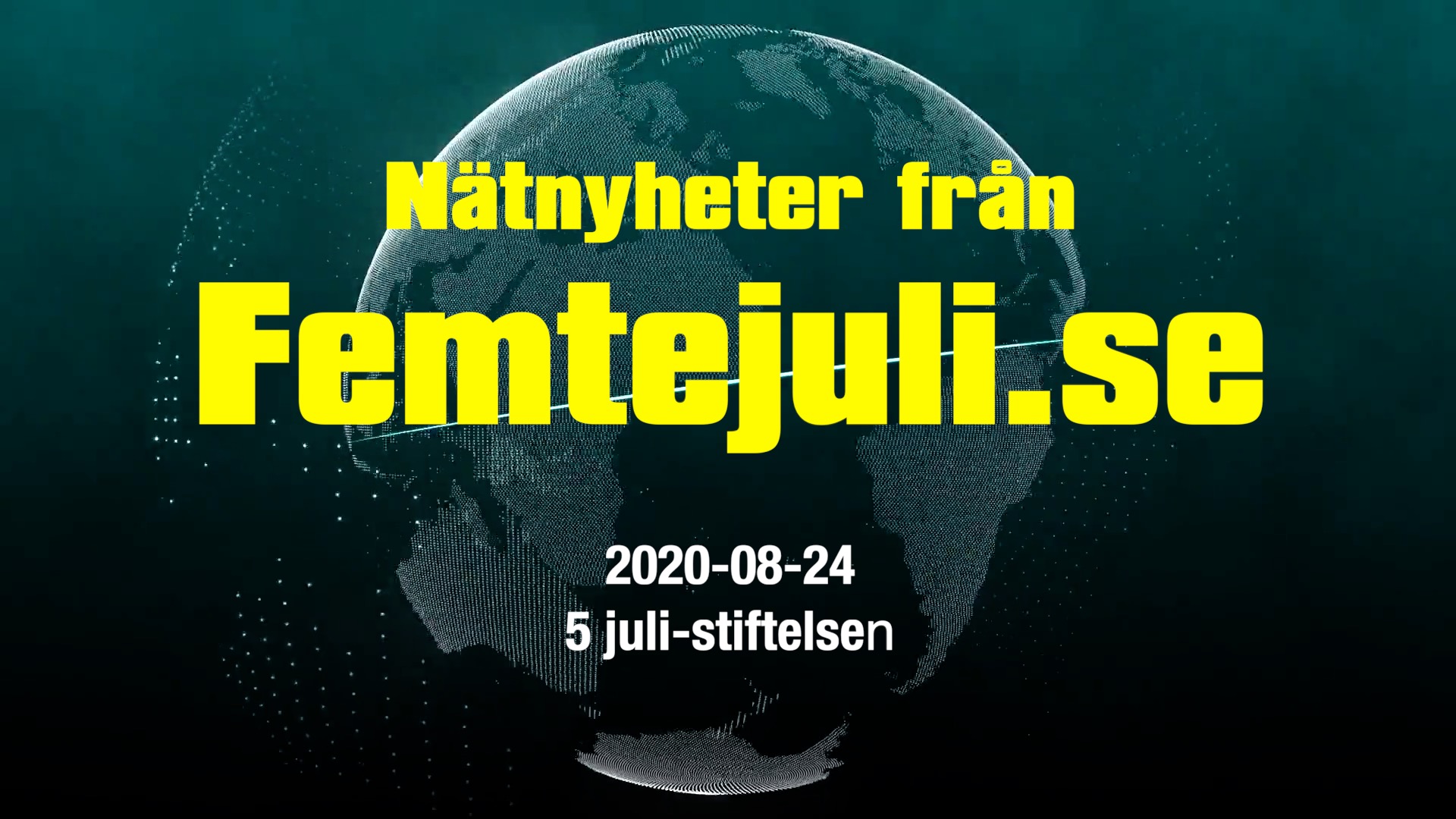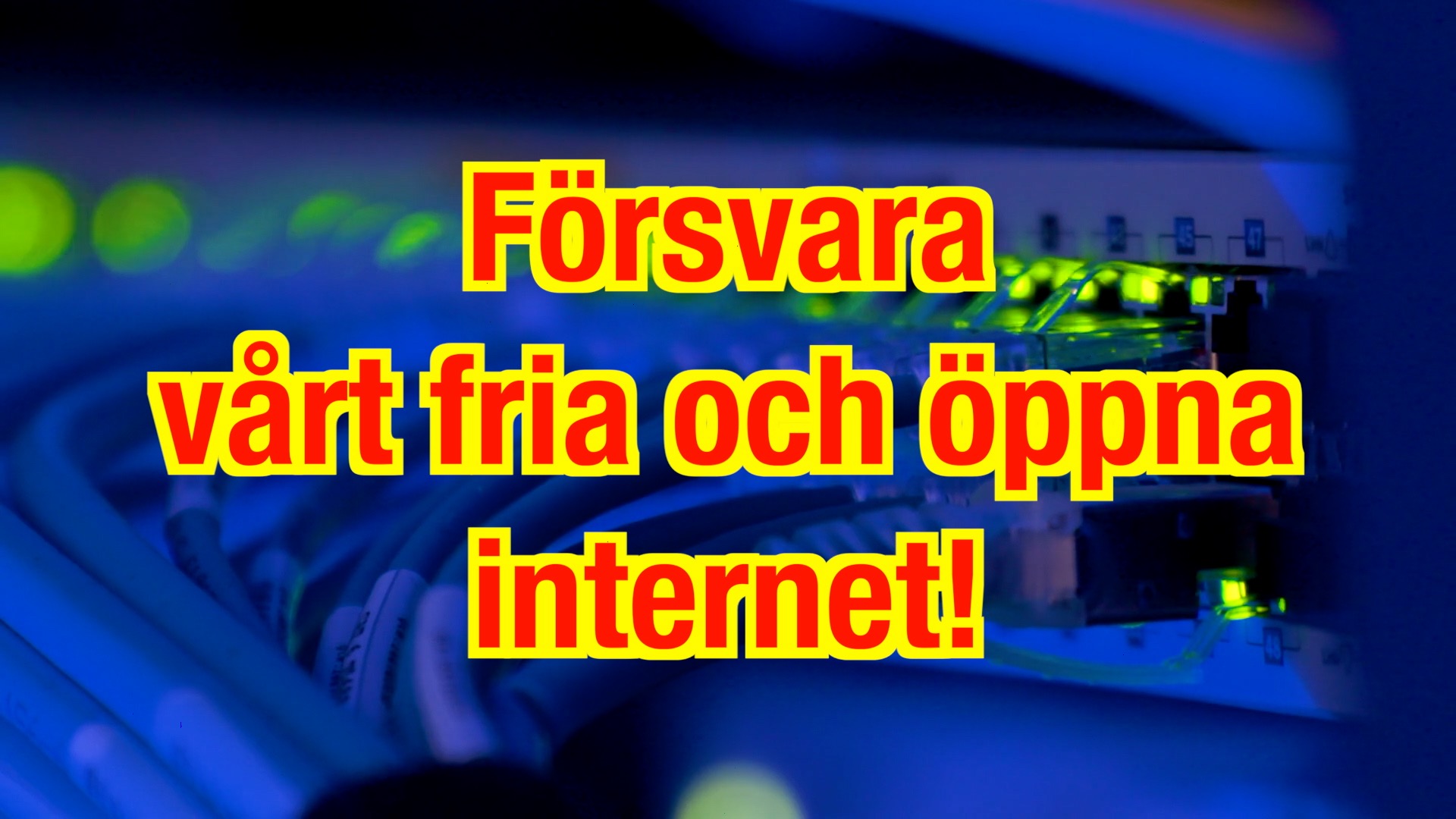
Här är en sammanställning över aktuella EU-projekt och initiativ som hotar vårt fria och öppna internet.
Beslut som redan har fattats:
- EU:s upphovsrättsdirektiv gör plattformarna ansvariga om användarna lägger upp upphovsrättsskyddat innehåll. Detta kommer att leda till uppladdningsfilter och granskning av allt som alla laddar upp.
- EU:s upphovsrättsdirektiv etablerade även den märkliga »länkskatten« – det vill säga att nätplattformar kan tvingas betala om de länkar till etablerad media. (I Frankrike vill man även tvinga t.ex. Google att länka.)
Upphovsrättsdirektivet skall vara implementerat i medlemsstaternas lagstiftning senast sommaren 2021.
Beslut i pipelinen för denna mandatperiod:
- Det har aviserats att EU:s nya Digital Services Act kommer att ge oss enhetliga regler för vad som får publiceras på nätet i EU.
- EU-kommissionär Ylva Johansson har meddelat att man kommer att göra ett nytt försök att införa allmän datalagring – trots att EU-domstolen upphävde det förra direktivet på principiella grunder.
- EU-kommissionen och Europol arbetar med att knäcka kryptering och/eller etablera bakdörrar.
- EU-kommissionen vill att sociala nätverk och meddelandeplattformar skall avkryptera, läsa och analysera sina användares meddelanden – och i förekommande fall anmäla olämpligt innehåll till myndigheterna.
- Om ministerrådet får som det vill kommer förordningen om terror-relaterat innehåll att leda till censur av åsikter – plus övervakning och filtrering av allt som alla användare laddar upp (uppladdningsfilter).
- EU-kommissionens ordförande Ursula von der Leyen vill se en digital identitet för alla EU-medborgare – som kommer att krävas för det mesta du gör på internet och i den digitala världen.
- Europol kommer att ges automatiserad tillgång till data från privata företag.
Övrigt:
- I en studie som Europaparlamentet beställt inför the Digital Services Act föreslår författarna en digital järnridå – det vill säga att internet i EU omges med en brandvägg, som i Kina.
- Det tyska EU-ordförandeskapet vill se en gemensam databas för automatiserad ansiktsigenkänning och annan biometrisk data.
- Förslag om en »internet-skatt« återkommer ständigt i nya former.
Detta är bara några av alla förslag som lagts fram eller diskuterats de senaste månaderna.




